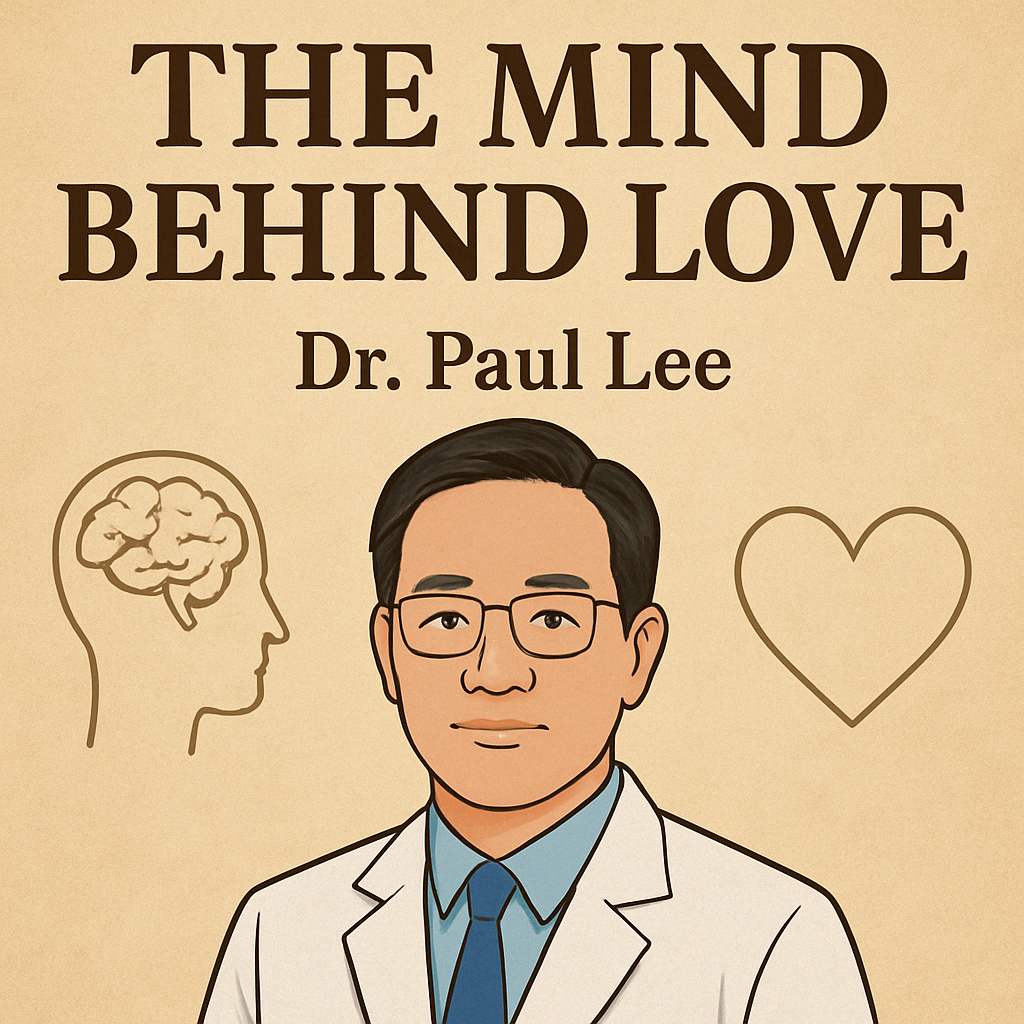 Emotional Healing Episode 14: When You Keep Fixing Others to Avoid Fixing Yourself
Emotional Healing Episode 14: When You Keep Fixing Others to Avoid Fixing Yourself
When you're always helping others heal, ask yourself—who's helping you?Have you ever noticed how some people are always drawn to the broken? They enter relationships trying to fix, rescue, or emotionally support someone through their struggles. But deep down, it’s not always about the other person—it’s about avoiding their own inner wounds.The Psychology of the RescuerDistraction from self: Help..
 Love Psychology Episode 13: Do They Love You or Just Love Being Loved?
Love Psychology Episode 13: Do They Love You or Just Love Being Loved?
Not everyone who says “I love you” is really saying “I see you.”There’s a confusing dynamic in modern relationships: You meet someone who showers you with attention, praises you, and seems totally into you. But over time, something feels off. You give more and feel less seen. You start to wonder: Do they love me… or just love being loved?What Does “Loving to Be Loved” Look Like?It’s about valida..
 Self-Worth & Attachment Episode 13: Why We Chase People Who Don’t Choose Us
Self-Worth & Attachment Episode 13: Why We Chase People Who Don’t Choose Us
It’s not love we’re chasing—it’s the validation we never received.Have you ever found yourself clinging to someone who never fully chose you? You give more, try harder, wait longer—hoping that one day, they’ll return the love you offer. But what if this pattern isn’t about them at all, but about your own beliefs about self-worth?The Deeper Psychology Behind This PatternChildhood wounds: Those wh..
- Total
- Today
- Yesterday
- selfworthinlove
- attachmentwounds
- relationshippatterns
- fearofintimacy
- attachmenthealing
- lowselfworth
- traumabonding
- peoplepleasing
- lovepsychology
- emotionallyunavailable
- emotionalhealing
- selfworth
- drpaullee
- HealingJourney
- attachmentstyle
- themindbehindlove
- bodylanguagecues
- anxiousattachment
- bodylanguageinsight
- mentalhealth
| 일 | 월 | 화 | 수 | 목 | 금 | 토 |
|---|---|---|---|---|---|---|
| 1 | 2 | 3 | 4 | 5 | ||
| 6 | 7 | 8 | 9 | 10 | 11 | 12 |
| 13 | 14 | 15 | 16 | 17 | 18 | 19 |
| 20 | 21 | 22 | 23 | 24 | 25 | 26 |
| 27 | 28 | 29 | 30 |

